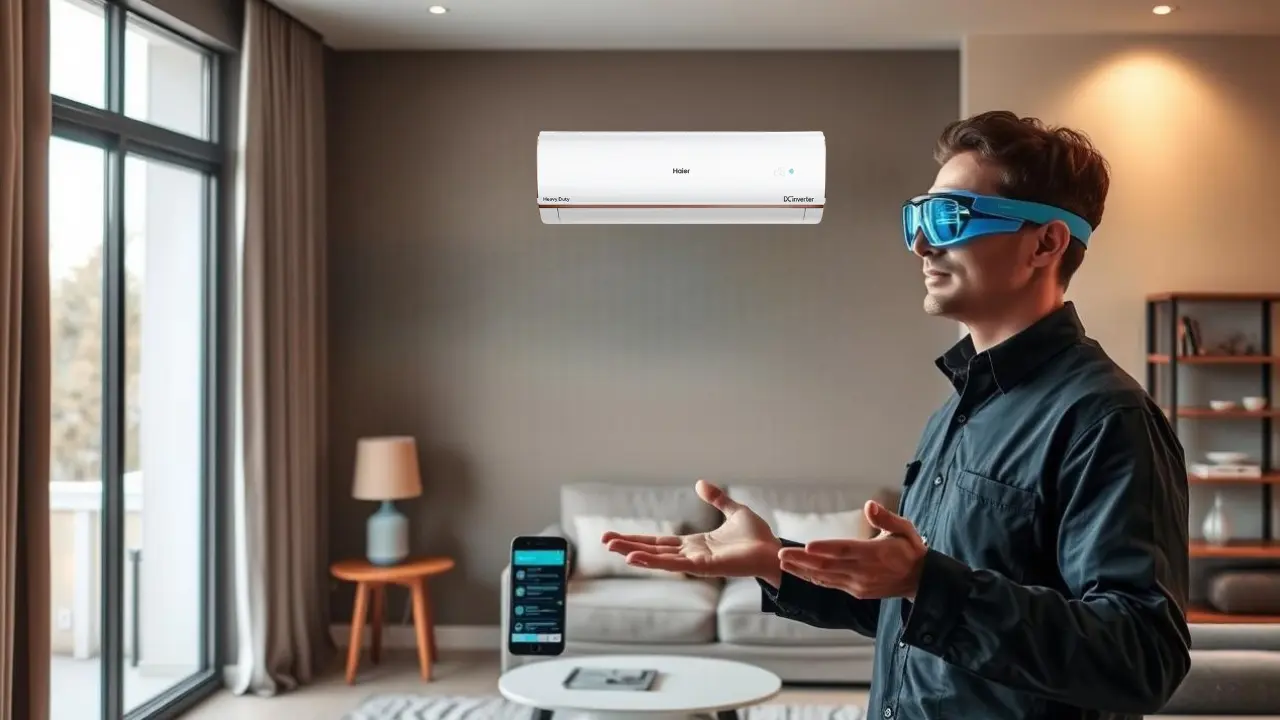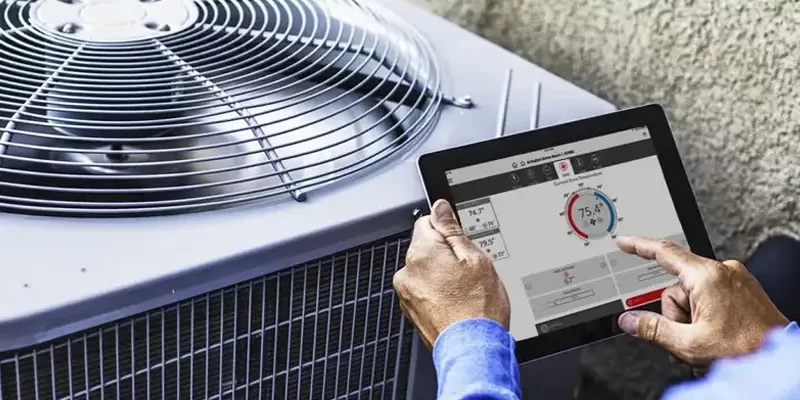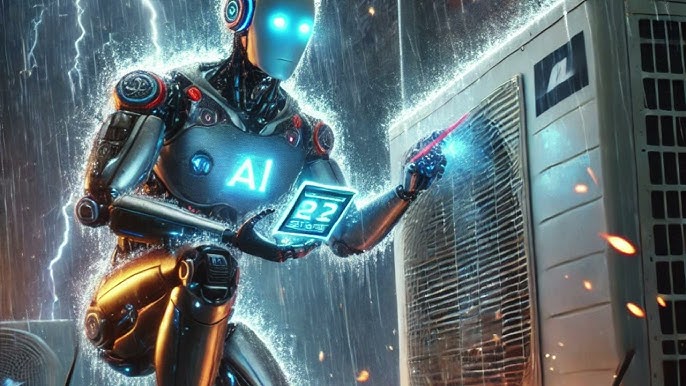In the rapidly evolving landscape of technology, the integration of AI automation in HVAC maintenance marks a significant shift in how we approach environmental comfort and energy efficiency. As this technology continues to progress, it becomes crucial for industry professionals, including Quality Assurance (QA) experts, to understand its implications and applications.

The Role of AI in HVAC Systems
AI technologies are transforming traditional HVAC systems by introducing advanced algorithms that can predict maintenance needs and optimize system performance. These systems can now autonomously monitor their operations, identify potential issues, and even perform some corrective actions without human intervention. For more insights on how AI is reshaping HVAC diagnostics, visit this link.
Predictive Maintenance: A Key Feature
One of the most groundbreaking applications of AI in HVAC maintenance is predictive maintenance. By analyzing data patterns and system behaviors, AI can predict when a component is likely to fail, allowing for preemptive maintenance. This not only reduces downtime but also extends the lifespan of HVAC systems. Explore the benefits of predictive maintenance here.
Energy Efficiency and Cost Savings
AI-driven HVAC systems are designed to enhance energy efficiency, which is a crucial aspect for both residential and commercial buildings. By continuously adjusting operational parameters, these systems minimize energy waste and reduce utility costs. Learn how AI contributes to energy savings in HVAC systems by visiting this article.
Implementing AI in HVAC
Challenges and Considerations
While the benefits of AI in HVAC systems are clear, implementing these technologies comes with its own set of challenges. It requires significant investment in new infrastructure and training for personnel. Additionally, there are considerations related to data privacy and security that must be addressed.
Steps for Successful Integration
To successfully integrate AI into HVAC maintenance, companies should start by assessing their current systems and identifying areas where AI can provide the most benefit. Incorporating AI-based airflow analysis can be a great starting point. Learn more about it here.
The Future of HVAC with AI
Looking ahead, the role of AI in HVAC systems is expected to expand significantly. Future developments may include more sophisticated algorithms that can handle complex system dynamics and enhance user experience. AI is likely to become an integral part of smart factories, as explored in this article.
Potential Innovations
Innovations in sensor technology and machine learning algorithms will further enhance the capabilities of AI-powered HVAC systems. These innovations will improve real-time diagnostics and system optimization, ensuring that HVAC systems operate at peak efficiency. For more on real-time diagnostics, check out this resource.
Impact on Industry Standards
As AI technologies become more prevalent, they will likely influence industry standards and regulations. Organizations may need to adapt their practices to comply with new guidelines that emphasize the use of AI for sustainable and efficient HVAC operations.
Conclusion
The integration of AI automation in HVAC maintenance offers exciting possibilities for enhancing system efficiency, reducing costs, and improving user comfort. As the technology continues to evolve, it is crucial for industry professionals and companies to stay informed and prepared to embrace these changes. For a broader perspective on AI’s transformative role in the HVAC industry, consider visiting this external resource.

FAQs
What is AI automation in HVAC maintenance?
AI automation in HVAC maintenance refers to the use of artificial intelligence technologies to predict, monitor, and optimize the performance and maintenance of HVAC systems, enhancing efficiency and reducing downtime.
How does AI improve energy efficiency in HVAC systems?
AI improves energy efficiency by continuously analyzing system operations and adjusting parameters to minimize energy waste, leading to lower utility costs.
What are the challenges of implementing AI in HVAC systems?
Challenges include the need for significant investment, training personnel, and addressing data privacy and security concerns.
This article contains affiliate links. We may earn a commission at no extra cost to you.
